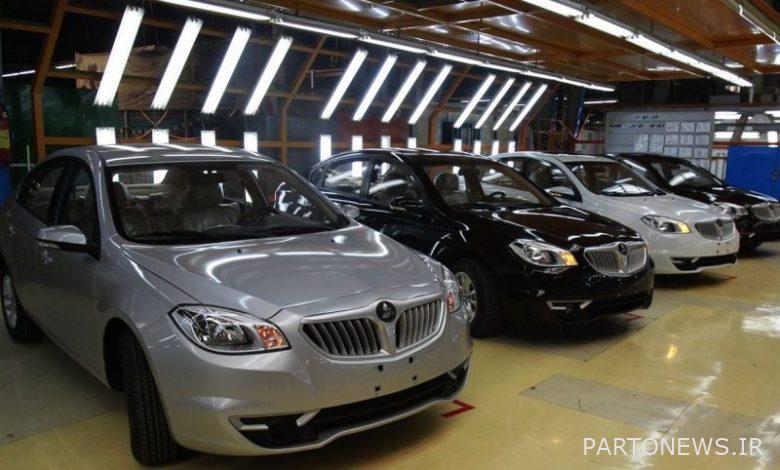Chinese automakers use the special conditions of the Iranian market

According to Tejarat News, while Iran’s largest private companies turned to China due to restrictions, it seems that this country has a good future in the field of modern car production. Many Chinese brands are now following in the footsteps of the world’s leading automakers in open global markets, such as the United Arab Emirates, and are competing closely.
But the important issue in this regard is whether domestic features go for Chinese qualities or not, and even more importantly, whether Chinese brands start long-term cooperation with Iranian features.
Given the limited unveiling of these times, it seems that private car companies have not been able to persuade prominent Chinese brands to be present in Iran, while several automakers have entered into contracts with a Chinese brand.
It even seems that the two automakers are offering a model of a Chinese brand at the same time. But strangely enough, private carmakers have moved to a car class called pickups. It seems that the year 1400 should be called the Chinese year in the field of automobiles. Because private and non-private car manufacturers have introduced and offered several limited Chinese car classes.
Now the question that arises is whether the Iranian market really needs this number of Chinese pickups or Chinese brands have set the conditions for their cooperation in supplying their leftover cars. Pessimistically, the global market has not been happy with these Chinese models, and given the sanctions situation in Iran, Chinese companies are taking advantage of this opportunity.
But on the other hand, domestic private automakers do not have the right conditions. For almost four years, most of these companies have not been significantly active, and given that they expanded their investments and attracted manpower in 1994 and 1995, they went through a difficult period. While some of these companies went bankrupt and went bankrupt, some have not delivered their sold cars to customers for nearly four years.
Overhead costs of manpower and other items should be added to the concerns of private automakers, which are of little importance to state-owned automakers. For this reason, private automakers grabbed any kind of business to restart these companies and generate turnover, but they did not succeed due to sanctions. Now that some have gone through these difficult conditions, they have paved the way for the supply of Chinese cars in the hope of resuming operations in Iran.
Source: the world of economy

